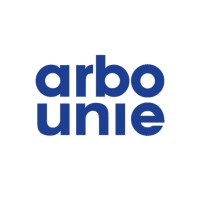
Success Rehabilitation
At Success Rehabilitation, now featuring our newest divisions, Community Skills Program® and Acadia NeuroRehab, we take pride in being a leading provider of post-acute brain rehabilitation programs and services. Spanning the continuum of post-acute care in brain injury rehabilitation, our comprehensive programs ensure an individualized and multidisciplinary team approach to rehabilitation - from Residential and Neuro Rehabilitation Outpatient Services to Home- and Community-Based Services.






